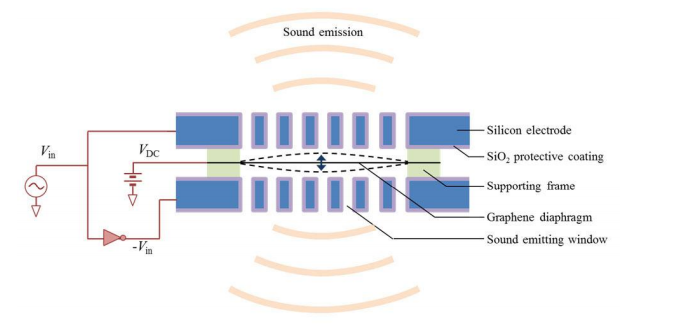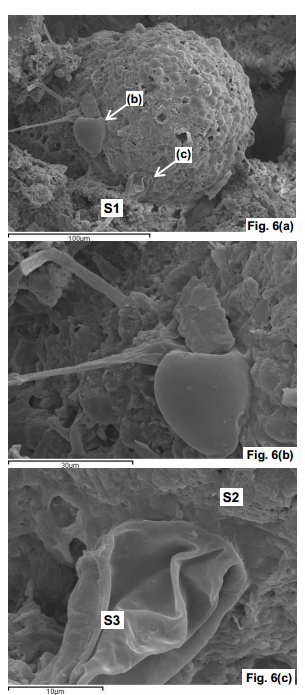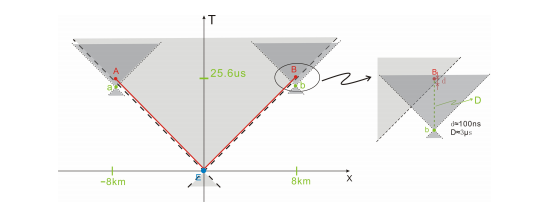- Other Interesting arXiv Papers This Week
- More Near-Cures for HIV
Early treatment may be key to a drug-free life for a small percentage of patients.
Last week, scientists reported that a baby had been “functionally cured” of HIV (see “A Toddler May Have Been Cured of HIV Infection”). Now, other researchers report in PLoS Pathogens that 14 HIV-infected adults—four women and 10 men—have survived with the virus in check even though they have stopped taking their antiretroviral medications.
- Which Google Reader Replacement Will You Use?
Google kills its Reader, beloved by many (but not enough).
Across the Internet, journalists and news junkies are letting out a sustained cry: “Why, Google, why?” The company announced late Wednesday that it would be killing off Google Reader, its RSS platform. I use Google Reader daily. So do yet more eminent journalists. But the Great Googlers have determined that Reader’s user base is too small for them to justify the upkeep, and who are we to blame them?’
- Twenty-Five Years in Prison for Helping Hackers? Seriously?
A maximum sentence of 25 years for enabling hackers to vandalize a news website is totally nuts.
Yesterday, the U.S. Department of Justice announced that it indicted Matthew Keys, 26, Reuter’s deputy social media editor, for allegedly enabling some members of hacker organization Anonymous to hack and change content on the LA Times’ website back in 2010. The possible maximum sentence he could face if convicted? Twenty-five years in prison.
- Will Methane Hydrates Fuel Another Gas Boom?
Energy-hungry Japan extracts natural gas from deep-sea methane hydrates, but it’s not clear whether the “flammable ice” makes economic and environmental sense.
In a move to get closer to developing its own domestic fossil fuel, Japan is extracting natural gas from an offshore deposit of methane hydrates. The tests that are set to run until the end of this month mark the first time such production methods have been tested in a deep-sea formation.
- Obama Stumps for Energy Research Through Trust Fund
Digest powered by RSS Digest






